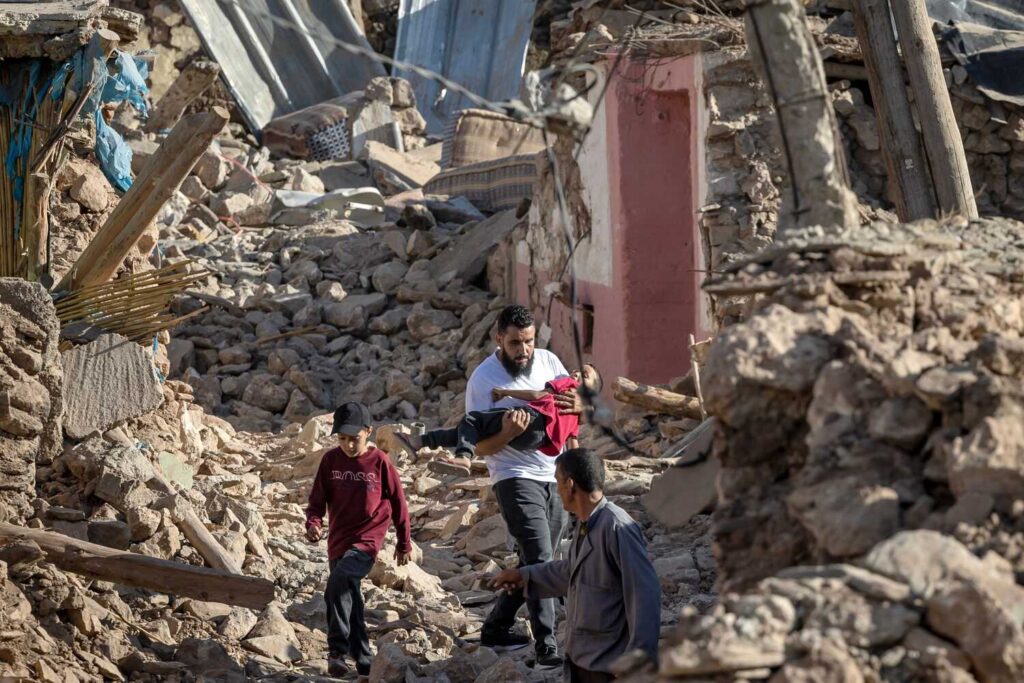
By WiseNews
Date: September 10, 2023
RABAT, MOROCCO – With recent seismic activity reminding Moroccans of their nation’s vulnerability to earthquakes, there’s a growing urgency for increased preparedness and vigilance to mitigate the potential impact of future tremors. Morocco’s geographical location places it within a seismically active region, making earthquake risk a sobering reality.
Earthquake in Morocco
Early this morning, Morocco experienced an earthquake measuring 6.2 on the Richter scale, originating near Al Hoceima in the northern part of the country. While the damage caused by this event was relatively minor, it serves as a stark reminder of the need for readiness in the face of natural disasters.
Seismic experts have long recognized Morocco’s susceptibility to earthquakes, primarily due to its location near the convergence of the African and Eurasian tectonic plates. This geological reality makes it imperative for the nation to adopt proactive measures to safeguard its people and infrastructure.
In the aftermath of today’s earthquake, Moroccan authorities are urging citizens to remain vigilant and to take earthquake preparedness seriously. Some key steps include:
- Building Resilience: Construction standards must be adhered to strictly, ensuring that buildings are designed and constructed to withstand seismic activity. Existing structures should undergo retrofitting if necessary.
- Emergency Plans: Every household and workplace should have an earthquake emergency plan in place. This includes knowing evacuation routes, establishing emergency contact lists, and keeping essential supplies like food, water, and first-aid kits readily available.
- Public Awareness: Educational campaigns about earthquake preparedness should be a priority. Knowledge of how to “Drop, Cover, and Hold On” during an earthquake, as well as awareness of safe spots and evacuation procedures, can save lives.
- Early Warning Systems: Investments in advanced seismic monitoring and early warning systems can provide crucial seconds or minutes of notice before a quake strikes, allowing people to take cover and reduce the risk of injury.
- Community Engagement: Local communities must be engaged in disaster preparedness efforts. Neighborhood organizations and community leaders can play a vital role in disseminating information and organizing drills.
- Regular Drills: Conducting earthquake drills in schools, workplaces, and residential areas is essential to ensure that everyone knows how to react in the event of a seismic event.
International organizations and neighboring countries have offered their support, but the onus ultimately lies on Morocco to strengthen its earthquake resilience. By investing in preparedness and education, the nation can significantly reduce the potential impact of future earthquakes.
While the recent earthquake has left the Moroccan people shaken, it has also served as a wake-up call. It’s a reminder that when it comes to natural disasters, proactive measures are far more effective than reactive responses. Morocco has the opportunity to turn this reminder into action, ensuring a safer future for its citizens in the face of earthquake risk.
